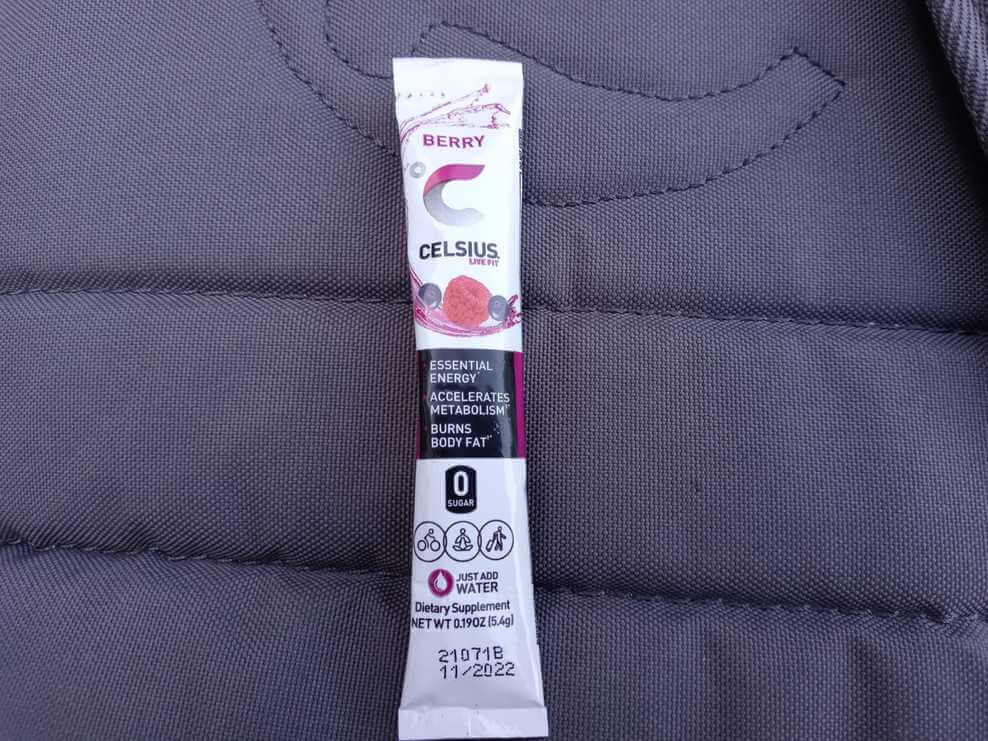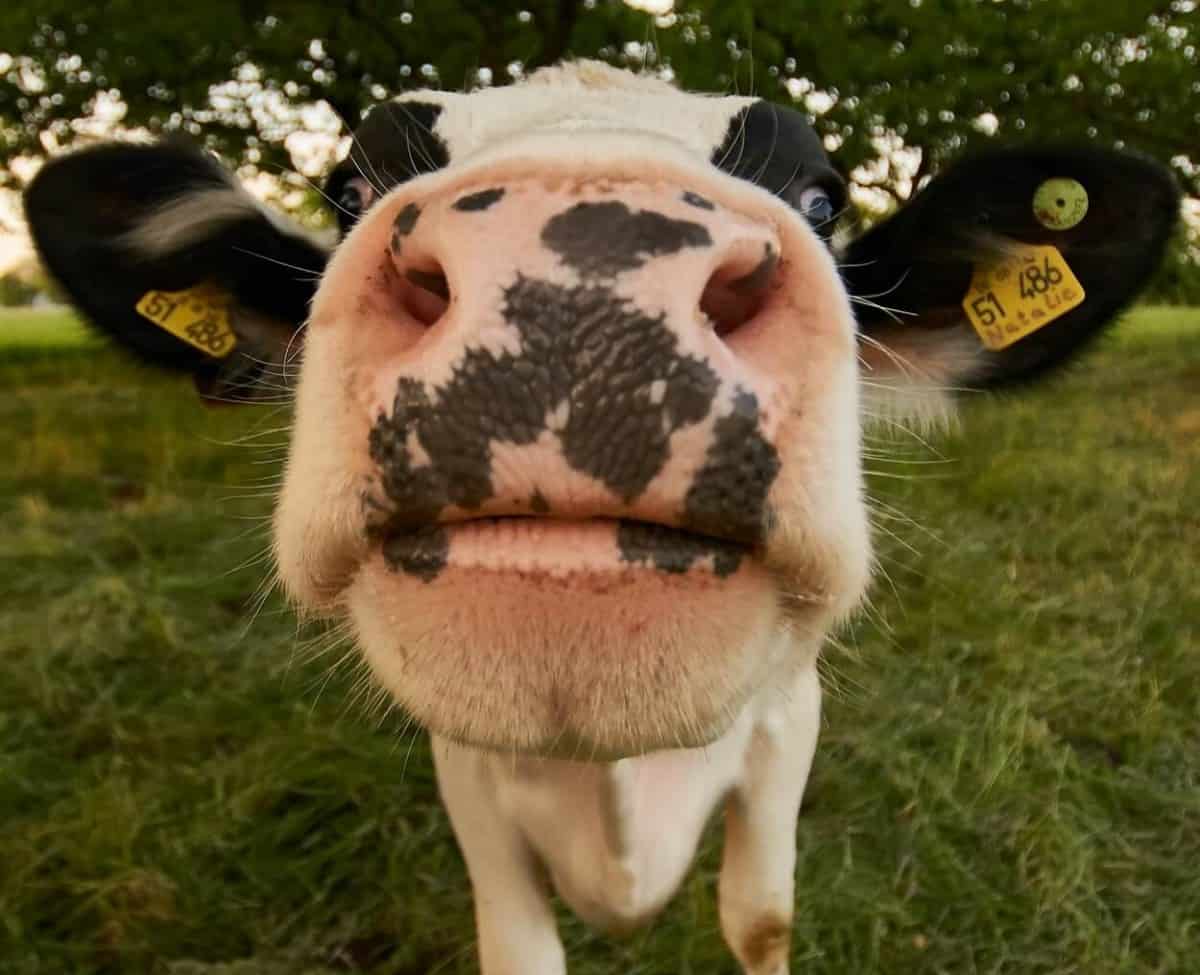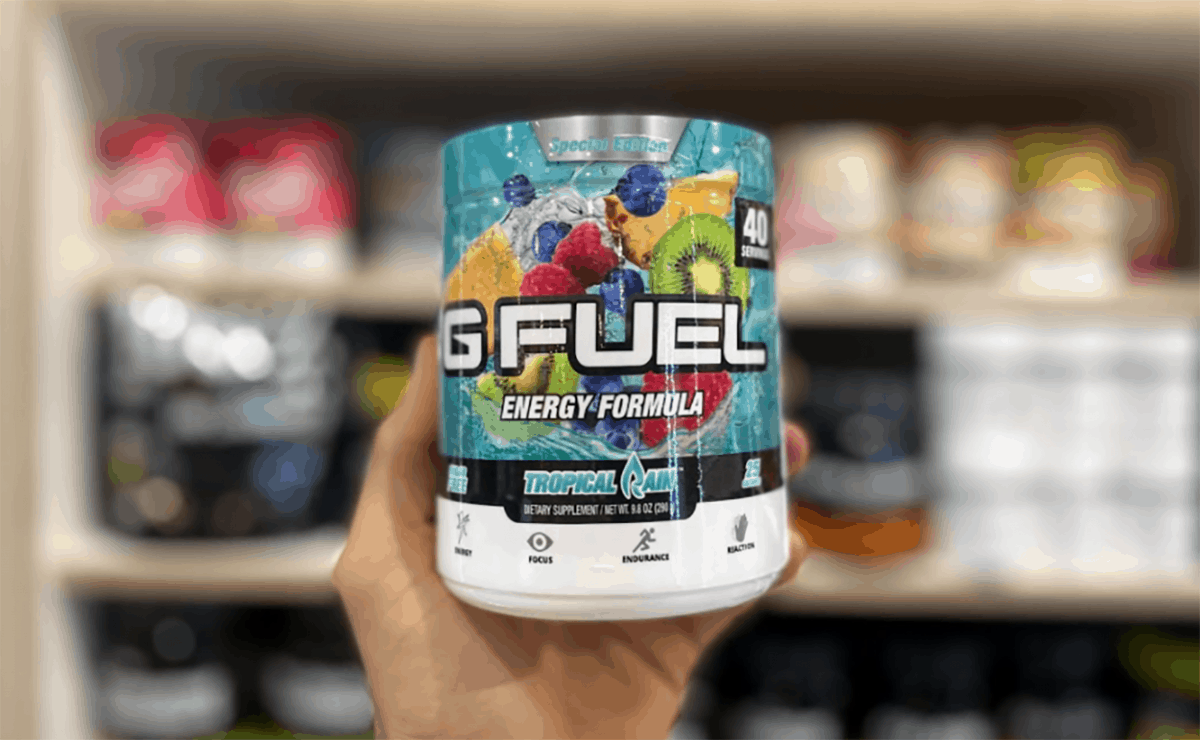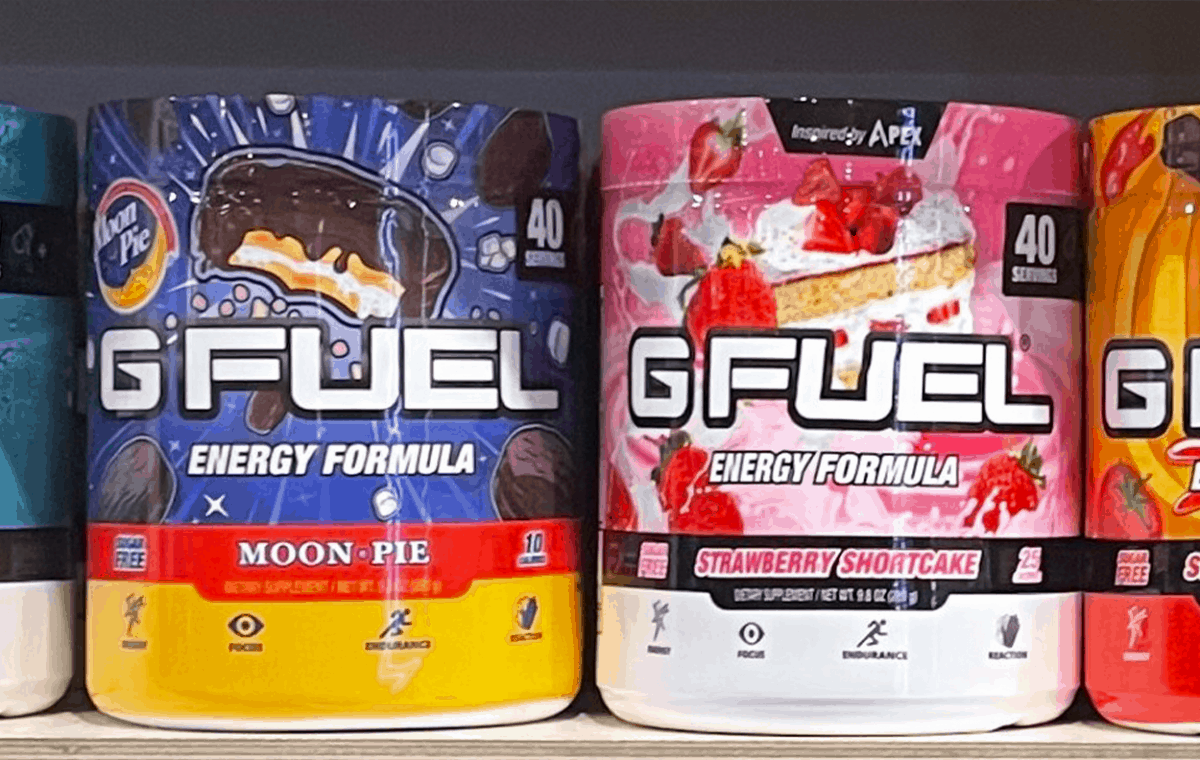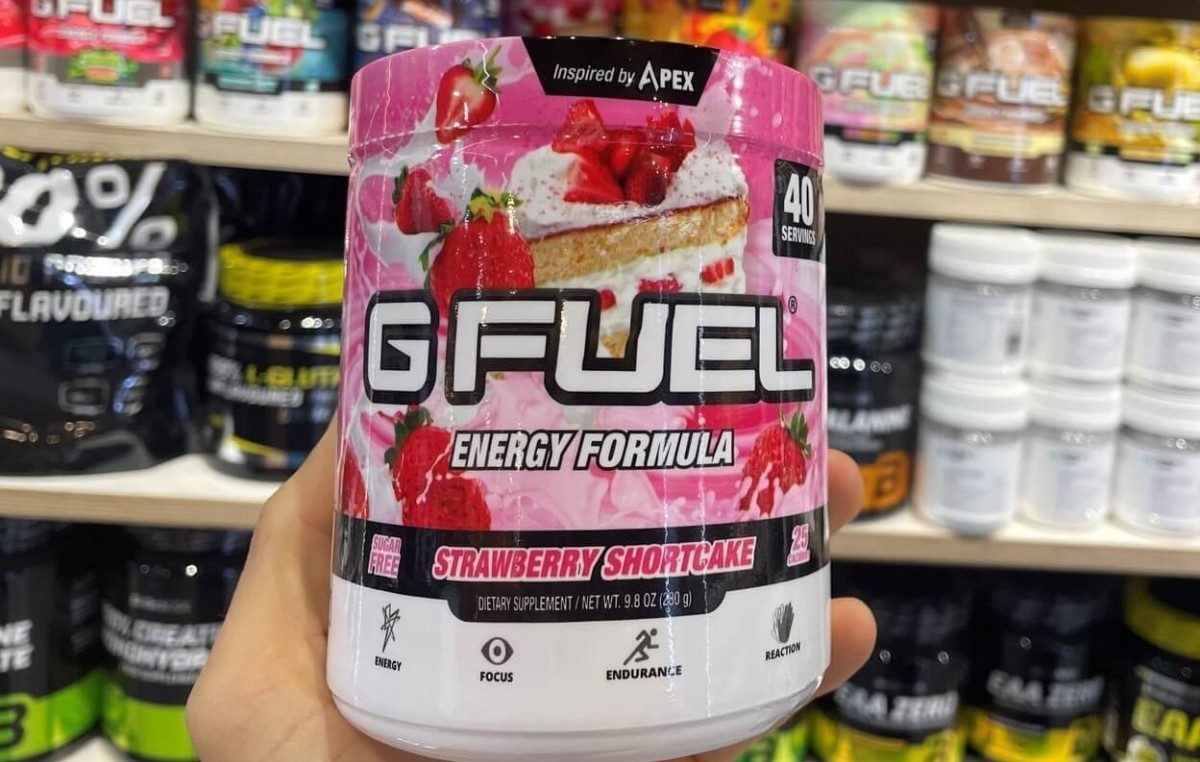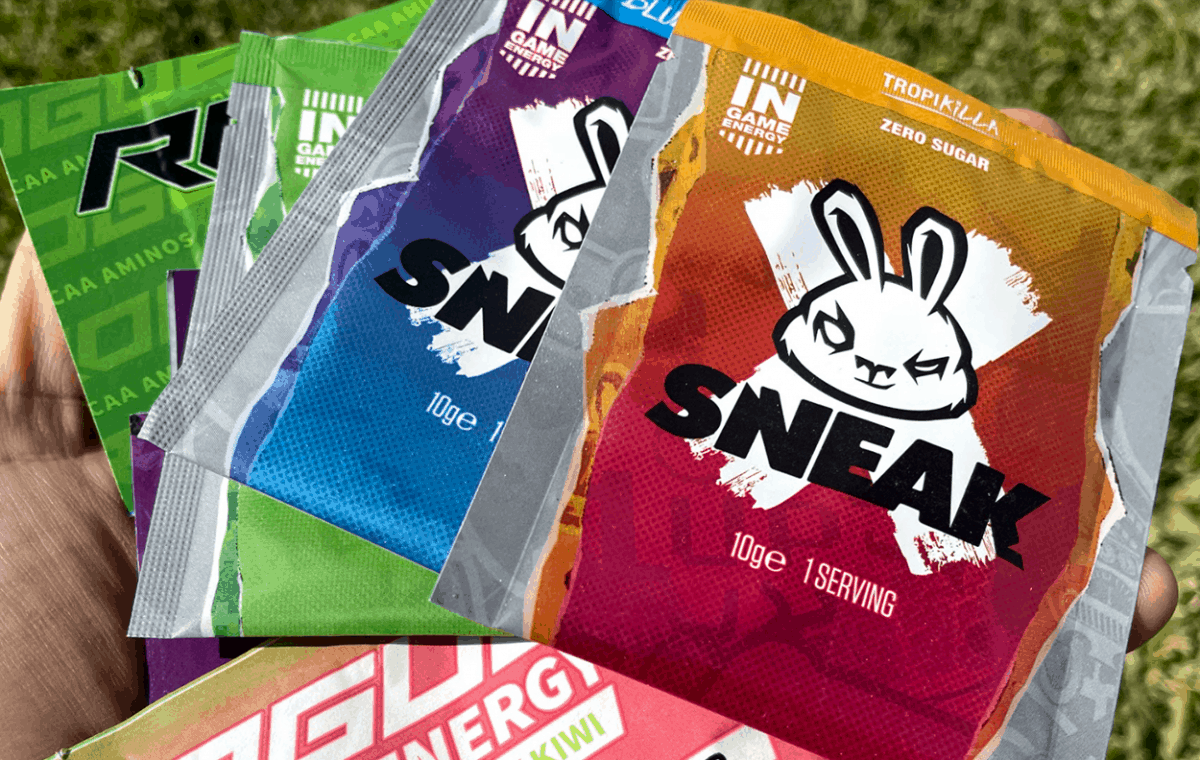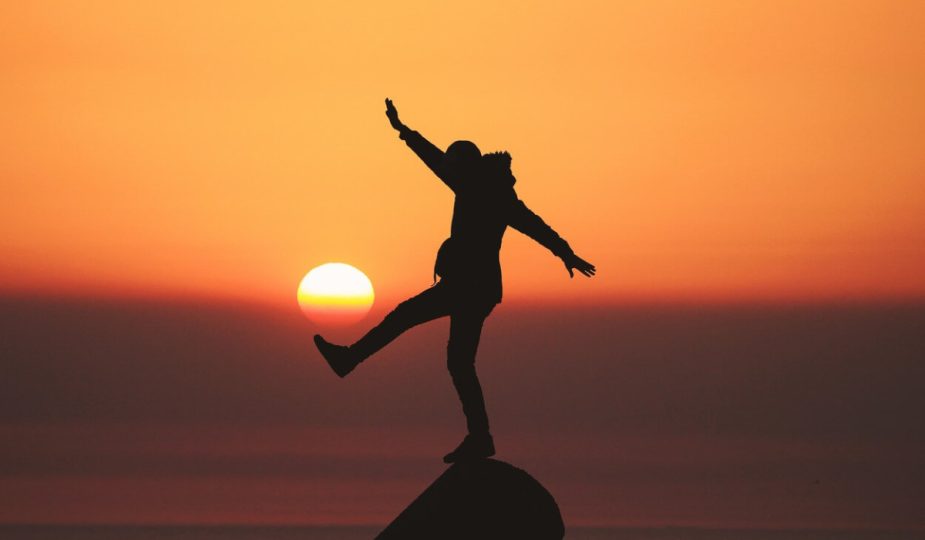
Can Energy Drink Powders Make You Feel High? (Answered)
One of the most popular drinks, energy drinks, is consumed daily by millions of people.
They are made to give you an energy boost whenever you need them.
They also help you stay focused and attentive while increasing your endurance. However, a lot of individuals are curious about it.
Powdered energy drinks have gained popularity during the past few years.
By restoring your body’s depleted electrolytes, powdered energy drinks, like ready-to-drink energy drinks, help you stay hydrated and sustain your energy levels throughout the day.
Caffeine and vitamins are the chemicals most frequently found in energy-powder drinks. Because of this, they appear lovely and healthy, but this is not the case.
Some side effects of young individuals who consume energy drink powders include headaches, insomnia, fatigue, irritability, stomach problems, and hyperactivity.
Even though it won’t make you high, excessive caffeine consumption can result in caffeine intoxication.
However, when alcohol and caffeine are combined, the stimulant effects of the coffee might disguise the depressing effects of the alcohol, causing consumers to feel more awake than they otherwise would.
Because of this, people might consume more alcohol than they realize and become more inebriated, which raises the possibility of alcohol-related problems.
Learn more about the effects of caffeine and other components in energy drink powder on your health by reading on.
Contents
What Is An Energy Powder Drink?
Unlike regular energy drinks and ready-to-drink liquids, powdered energy drinks are just powders.
On the other hand, powdered energy drinks resemble standard energy drinks in many ways.
The powder is combined with water rather than being ingested straight out of the container, which is the only change.
The remaining components are almost identical besides it.
Both contain significant amounts of caffeine, making you feel energized and physically strong after consuming them.
On the other hand, keeping some energy drink powder in your backpack or pocket makes it easier to make a fresh energy drink whenever possible.
The benefits of energy drink powders over traditional energy liquid beverages can be summarised as follows.
- Cheaper
- Easy to carry
- Control the Taste
Ingredients In An Energy Drink Powder
Caffeine, taurine, glucuronolactone, l-carnitine, ginseng, Ginkgo Biloba, , carbohydrates, guarana, B vitamins, antioxidants, and trace minerals are the key components of energy powdered drinks.
Typically, sweeteners are added to energy powder drinks to help cover up the bitter taste of caffeine.
There are calorie- and sugar-free energy drinks on the market.
| Citric Acid | It’s an antioxidant that’s found in nature. It’s used as a culinary flavoring and preservative, cosmetic ingredient, and cleaning product component. |
| Sucralose | It’s a calorie-free sweetener that can reduce added sugar intake while still allowing you to enjoy the taste of something sweet. |
| B-Vitamins | They aid in converting food into energy (metabolism), the formation of new blood cells, and maintaining healthy skin, brain, and other bodily structures. |
| Guarana Extract | Guarana is said to increase both physical and mental performance. |
| Ginseng Extract | Panax ginseng treats memory and cognitive problems, Alzheimer’s disease, depression, and other ailments. |
| Green Tea Extract | Weight loss, blood sugar regulation, disease prevention, and workout recovery can all be aided. |
Indeed, injection of citric acid is predicted to initiate the TCA cycle, followed by oxidative phosphorylation in the mitochondria, increasing the output of ATP.
If an energy deficit is the root of your exhaustion, doing this might help.
The Food and Drug Administration has designated manufactured citric acid as generally acknowledged as safe (GRAS).
De Araujo et al. (2008) discovered that the caloric value of sucrose causes the brain to reward the dopamine system and that sucrose can cause the release of dopamine in the brains of mice missing effective sweet transduction but sucralose, a non-caloric sweetener, does not.
THC, the primary psychoactive component, stimulates the brain region that reacts to pleasure, such as food and sex. Dopamine is released.
As a result, making you feel joyful and at ease. Being high is frequently associated with this sensation.
Many animal and test-tube studies have shown an rise in dopamine levels after increase in ginseng.
In people with ADHD, ginseng may raise dopamine levels, although additional research is required.
According to preclinical studies, the amino acid taurine is crucial for the dopamine-boosting effects of ethanol.
Due to a rise in the use of nutritional supplements and energy drinks that contain taurine, taurine intake has grown over the past ten years.
The study’s results of a study support the numerous effects of acetyl-L-carnitine on the brain and provide evidence that its administration may be effective in reversing the effects of aging on the dopaminergic system.
Probiotics, fish oil, vitamin D, magnesium, ginseng, and ginkgo may help increase dopamine levels, in addition to maintaining a balanced diet.
In turn, this might enhance mental and cognitive wellness.
What Is Caffeine Intoxication?
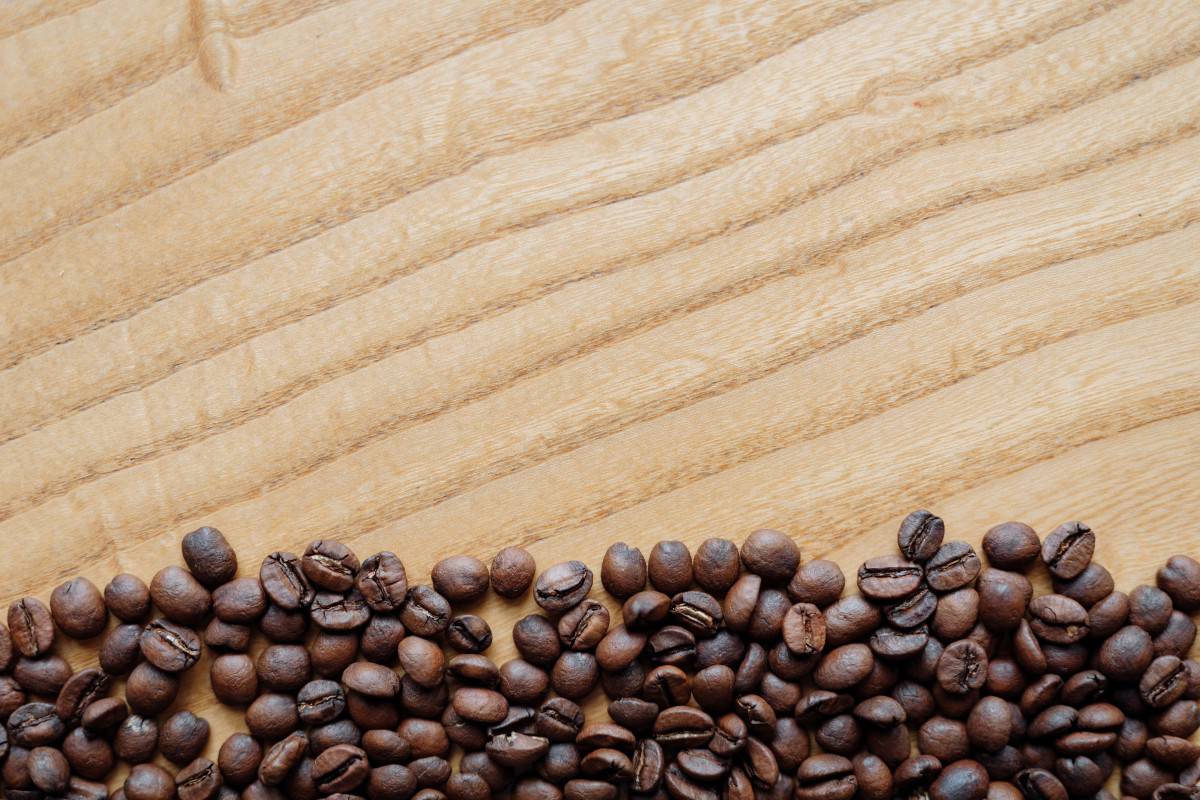
A natural stimulant called caffeine is used to increase alertness and wakefulness.
In North America, more than 80% of adults ingest caffeine, generally through coffee, tea, or energy beverages, as well as through diet products, chocolate, and over-the-counter drugs.
The FDA has stated that 400 mg per day—is a level that is not typically linked to harmful, adverse effects.
When someone consumes more caffeine than is typical or advised, they become intoxicated or overdose on it.
Caffeine addiction might develop due to persistent behavior, putting your life in danger.
Feeling anxious, restless, or stimulated, getting red in the face, needing the bathroom more frequently, and having stomach difficulties are common symptoms.
Even after ingesting a small amount of caffeine, such as 200 mg, symptoms may still appear, especially in people who have never consumed caffeine or those more susceptible to its effects, such as youngsters and the elderly.
Although caffeine intoxication is a transient condition, some people may need urgent medical care depending on how much caffeine they have consumed.
After a few hours, caffeine intoxication typically goes away on its own.
It’s advised to avoid consuming any more caffeine during an episode and treat caffeine intoxication by rehydrating with water, exercising to reduce agitation, and strolling.
Can Caffeine Make You High?
Yes, caffeine can make you high. Your brain produces the chemical dopamine.
It operates as a “reward center” and affects various bodily processes, including memory, locomotion, motivation, mood, and attention.
Our mood can be improved by its increase, causing us to feel calm and “euphoric.” Simply put, you’ll experience a high.
According to Harvard Medical School, dopamine is a neurotransmitter associated with motivation, pleasure, and love.
According to a small study in Translational Psychiatry in April 2015, caffeine inhibits adenosine receptors, increasing dopamine signaling. People seek out more caffeine because dopamine release makes them happy.
If you stay within the limit of 400mg of caffeine and less consumed daily, you won’t feel intoxicated and might not feel high.
The majority of people combine alcohol and caffeine to feel high.
Caffeine can disguise the depressive effects of alcohol, making consumers feel more alert than they otherwise would.
This is what happens when alcohol and caffeine are combined.
Because of this, people might consume more alcohol than they realize and become more inebriated, which raises the possibility of alcohol-related problems.
Sugar In An Energy Drink Powder And Its Side Effects
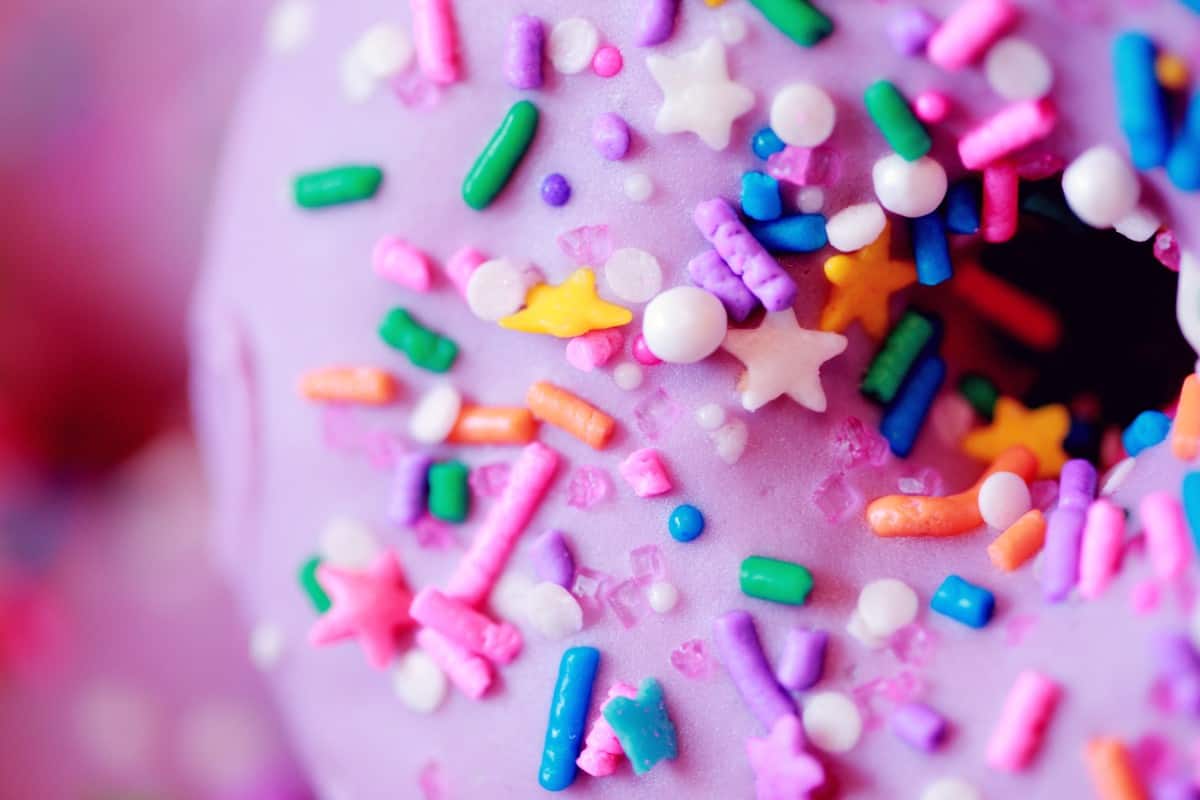
Sugar and dopamine share a strong relationship, just like coffee and dopamine.
The brain releases massive bursts of dopamine in response to sugar consumption.
This is comparable to how the brain responds to the consumption of drugs like cocaine and heroin.
Researchers hypothesize that this may be because our systems have evolved to seek out calorie-dense foods through time.
But evolution and our brains haven’t yet caught up with that change.
Therefore, when we eat sweet, high-calorie foods, our brains continue to view sugar as favorable and release significant dopamine levels.
Long-term, this may imitate the consequences of addiction and result in high tolerance and sugar cravings.
Furthermore, it can even lead to withdrawal when we cut it out of our diets.
Can Energy Drink Powders Make You Feel High?
Yes, energy drink powders can make you feel high if consumed excessively.
An energy drink powder contains substances like caffeine, sugar, taurine, l-carnitine, and ginseng that can lead to addiction if eaten in excess.
Dopamine is a neurotransmitter impacted by drugs like amphetamines and heroin, and caffeine raises dopamine levels.
Although it happens considerably less frequently than other substances, this might be related to caffeine’s addictive nature.
As the brain adjusts to high sugar levels, sugar can also interfere with dopamine levels.
Taking excessive amounts of sugar over an extended period can affect the gene expression and availability of dopamine receptors in specific brain regions.
Sugar is addictive because it interacts with dopamine and dopamine receptors, which is why cutting sugar from the diet may be so challenging.
Sugar is not only bad for the body as a whole, but it is also bad for the brain’s health.
Famous Energy Powder Drinks
Outbreak Nutrition FPS Gaming Formula
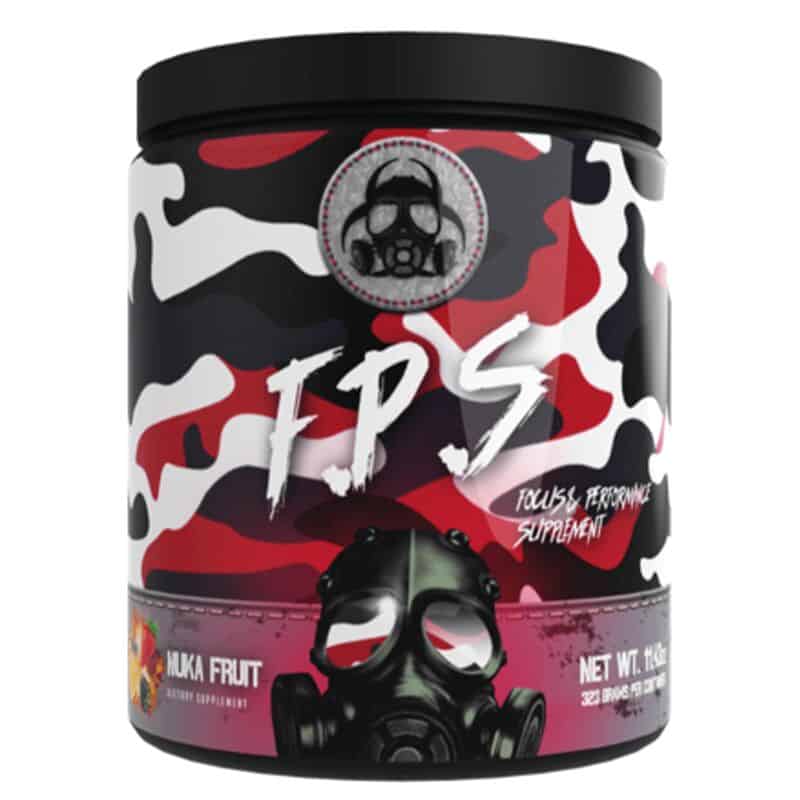
Supplement like Outbreak Nutrition FPS will make you feel energise and would make your exhaustion fly away.
One scoop of the powder provides an sufficient amount of caffeine and amino acids, which prevents your body from becoming acclimated to the stimulant.
One serving of Outbreak Nutrition FPS includes 125 mg of caffeine anhydrous . It’s a processed, dehydrated version of regular caffeine.
It doesn’t contain any added sugar and it won’t increase calories in your diet.
Two calorie-free artificial sweeteners called sucrose and acesulfame are utilized in it replacing added sugar. You will also obtain four essential vitamins that improve your immune and metabolic systems.
Two amino acids in Outbreak, taurine, and L-theanine, have antioxidant properties that enhance memory under stress.
Ghost Gamer Energy Powder
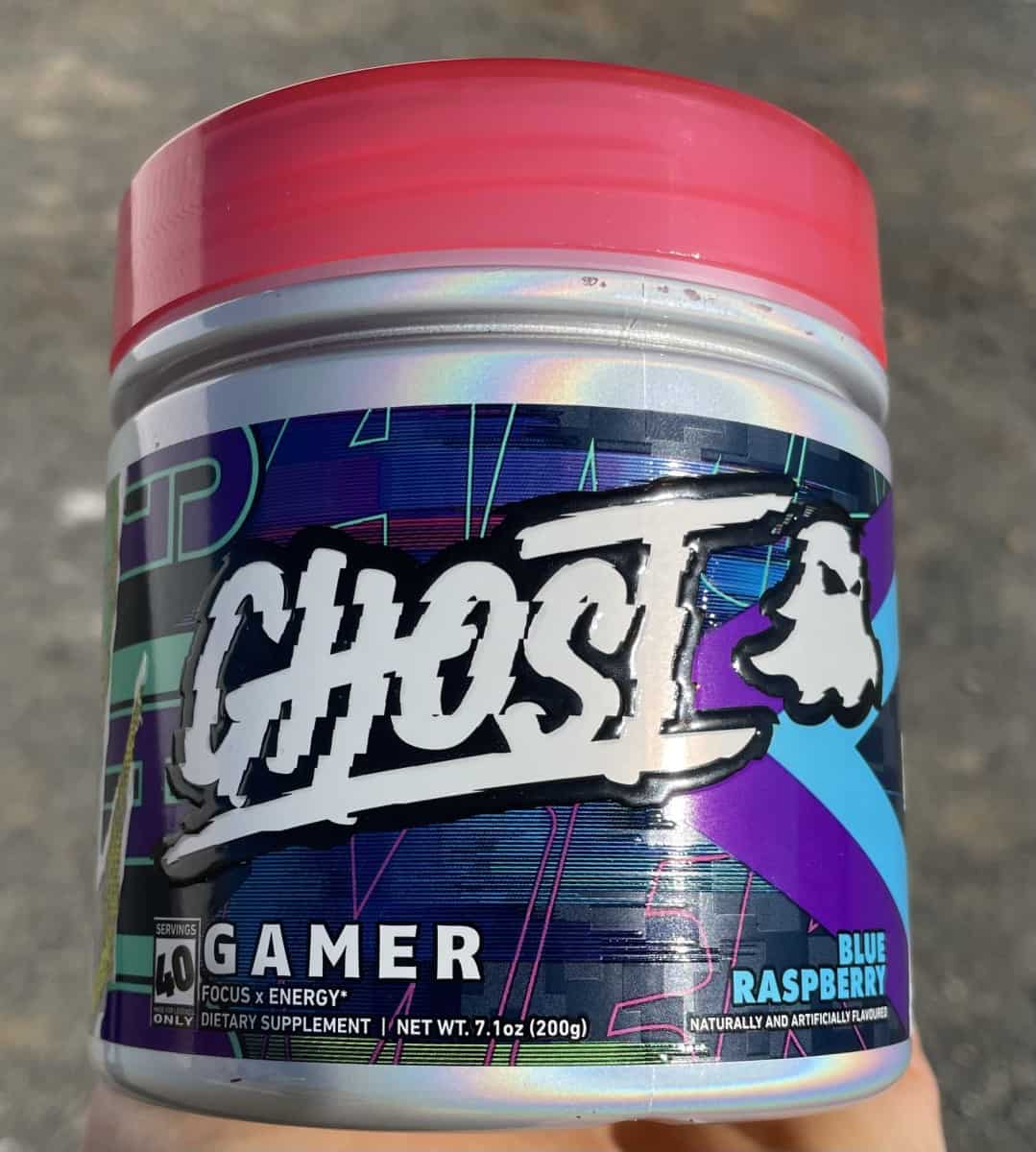
Ghost Gamer is a powdered energy drink devoid of gluten and sugar and has 150 mg of caffeine per two scoops.
Compared to heavily caffeinated energy drinks, it is mild and adequate for an energy drink.
It promises to offer several benefits, including more energy and sharper focus.
To help you get through the day at work, at the gym, or while playing video games, this energy drink offers a sizeable amount of nutrients, such as a variety of amino acids, a wide range of vitamins, and a moderate dose of caffeine.
Your Ghost Gamer energy drink qualifies as a sugar-free energy drink as it contains less than 1 gram of sugar per scoop.
Conclusion
- The problem with energy powder drinks is that they can make your brain release more dopamine, the hormone that makes you feel happy, especially if they contain a lot of sugar and caffeine.
- You may get high if your dopamine levels are high enough to make you feel drunk. However, this is an uncommon occurrence when you excessively ingest energy drinks with powder or are caffeinated.
